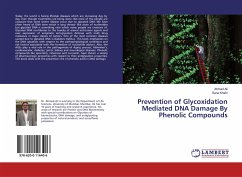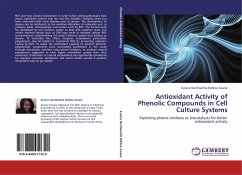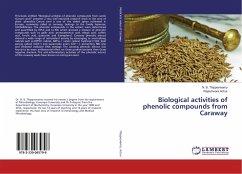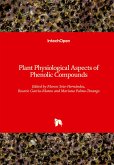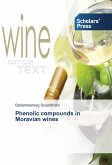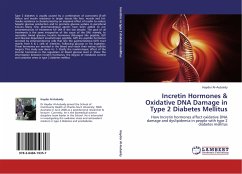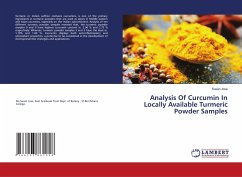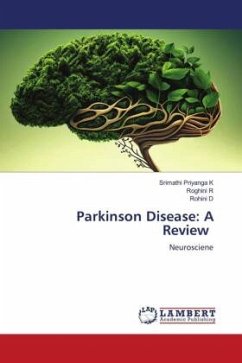Today, the world is facing lifestyle diseases which are increasing day by day, even though treatments are being done. But most of the people are unaware that some severe disease occur due to glycated DNA. We have often heard of DNA term which is long thread- like chain of nucleotides but glycated DNA is something new which many people are unaware of. Glycated DNA contributes to the toxicity of several anti-tumor agents and over expression of enzymatic anti-glycation defense with multi drug resistance in major classes of tumors. One of the most common diseases caused due to glycated DNA is Diabetes mellitus. This book emphasizes on the DNA glycation with respect to the pathophysiological conditions and risk factors associated with the formation of nucleotide adduct. Also, the AGEs play a vital role in the pathogenesis of Aging process, Alzheimer's, cardiovascular, diabetes, joints, kidney and neurological diseases. Phenolic compounds like quercetin, rotenone and curcumin, have shown a variety of pharmacologic properties with respect to their antiglycation properties. This book deals with the preventive role of phenolic acids in DNA damage.
Bitte wählen Sie Ihr Anliegen aus.
Rechnungen
Retourenschein anfordern
Bestellstatus
Storno

